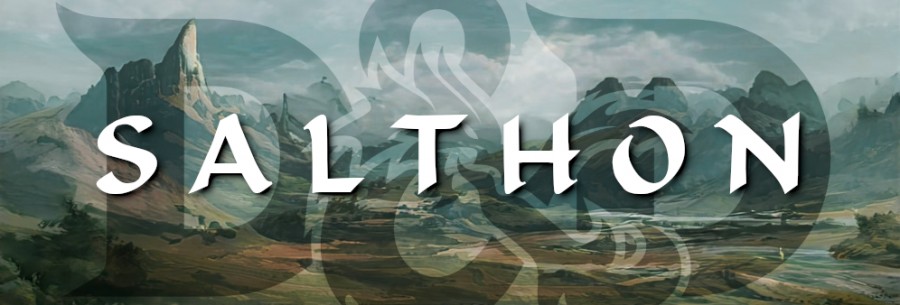Game Setting
| Wednesday November 30, 2011 at 6:22pm | gaming | Comments (0) » |
I have previously mentioned Shards of Endor, the title I've given to the Star Wars game I started running last month. We've had three sessions now, and I think it's going very well. As a gm, part of this game is an exercise in pacing. I'm shooting for this game lasting 10 sessions. This means I'm planning for 7 and I'm expecting 13-15. The one constant of my games over the years is that my players always take longer to do things than I think they will. It's better than the reverse problem, I suppose.
In planning and running this game, I have come to recognize something about myself and my gm'ing style - and actually my enjoyment of fiction in general: I am all about the setting.
When I'm coming up with a game, I focus most of my energy on creating a realistic world inhabited by realistic entities and with a reasonably internally-consistent mode of operation. Only after the world exists on its own do I go back and write in hooks to connect the characters to it.
The advantage here is that it really gives the impression that the world is bigger than the player characters and that there are many things that exist whether they choose to interact with them or not. By extension, this means the characters can interact with whatever they choose - they can basically go anywhere and do anything within the greater, persistent setting.
The disadvantage is that sometimes the players aren't terribly clear on how they "should" interact with elements in the world. The presence of this hesitation basically means I have to start bringing action to them, sometimes more often than is reasonably likely (see also: "trouble follows us wherever we go") - but I suppose this is an accepted trope within fiction as well.
Even so, since knowing is half the battle, I have since been trying to think more carefully about including at least several ways the characters can become involved with any given aspect of the setting which I intend or expect them to. The more possibilities I have, the more likely they are to pick one up and run with it.
Of course, as always, I also have to be ready to roll with whatever they decide when they go in a wildly different direction... ...which brings us back to the advantage of the setting-based plan.
~PS






